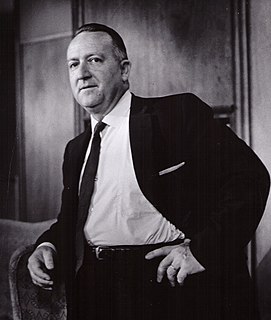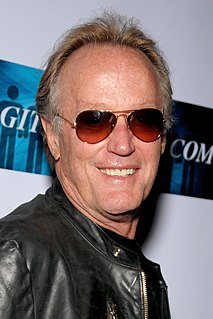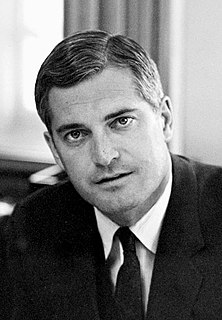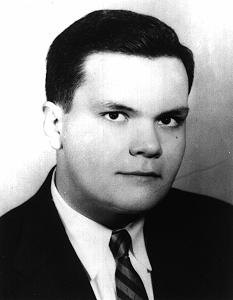A Quote by Simon Tam
The term Christian used to be a pejorative. Back in the day, Christians were persecuted; however, over time, it became one of the word's biggest religions. Same thing with the term Mormons in the religious area. Mormons didn't want to be called that. They wanted to be called Latter-day Saints. It's only been in recent decades that they kind of shifted that position and took ownership of it.
Related Quotes
When I was three, I fell and I got Bell's palsy in my face. My mom said the first day she called the rabbi, and he said a prayer for me but nothing happened. The second day she called the Mormons, and they said a prayer for me and my face was healed, so my whole life was going around as a Jew who was giving talks in Mormon churches about being healed by the Mormons.
That the religious right completely took over the word Christian is a given. At one time, phrases such as Christian charity and Christian tolerance were used to denote kindness and compassion. To perform a "Christian" act meant an act of giving, of acceptance, of toleration. Now, Christian is invariably linked to right-wing conservative political thought -- Christian nation, Christian morality, Christian values, Christian family.
Among the Mormons, things temporal have always been important along with things eternal, for salvation in this world and the next is seen as one and the same continuing process of endless growth. Building Zion, a literal Kingdom of God on earth, has therefore meant an identity of religious and economic values: in the daily affairs of the Kingdom, Latter-day Saint scriptures call for unity, welfare, and economic independence.
For members of The Church of Jesus Christ of Latter-day Saints, the term 'testimony' is a warm and familiar word in our religious expressions. It is tender and sweet. It has always a certain sacredness about it. When we talk about testimony, we refer to feelings of our heart and mind rather than an accumulation of logical, sterile facts.
There is only one thing I want to say about Ohio that has a political tinge, and that is that I think a mistake has been made of recent years in Ohio in failing to continue as our representatives the same people term after term. I do not need to tell a Washington audience, among whom there are certainly some who have been interested in legislation, that length of service in the House and in the Senate is what gives influence.
One major difference between Mormons and evangelicals on the subject of revelation is that Latter-day Saints believe that God has appointed modern-day prophets and apostles to receive revelation for Christ's church. All church members may receive revelation appropriate for their particular callings or positions within the church and their families, but never in contradiction to church doctrine or policy. So Mormonism has both a democratic practice of revelation that would resonate with evangelicals, but also an institutional understanding of revelation foreign to evangelicalism.
I was getting tired about what the preacher called Christian. Anything he did was Christian, and the people in his church believed it, too. If he stole some book he didn't like from the library, or made the radio station play only part of the day on Sunday, or took somebody off to the state poor home, he called it Christian. I never had much religious training, and I never went to Sunday school because we didn't belong to the church when I was old enough to go, but I thought I knew what believing in Christ meant, and it wasn't half the things the preacher did.



































